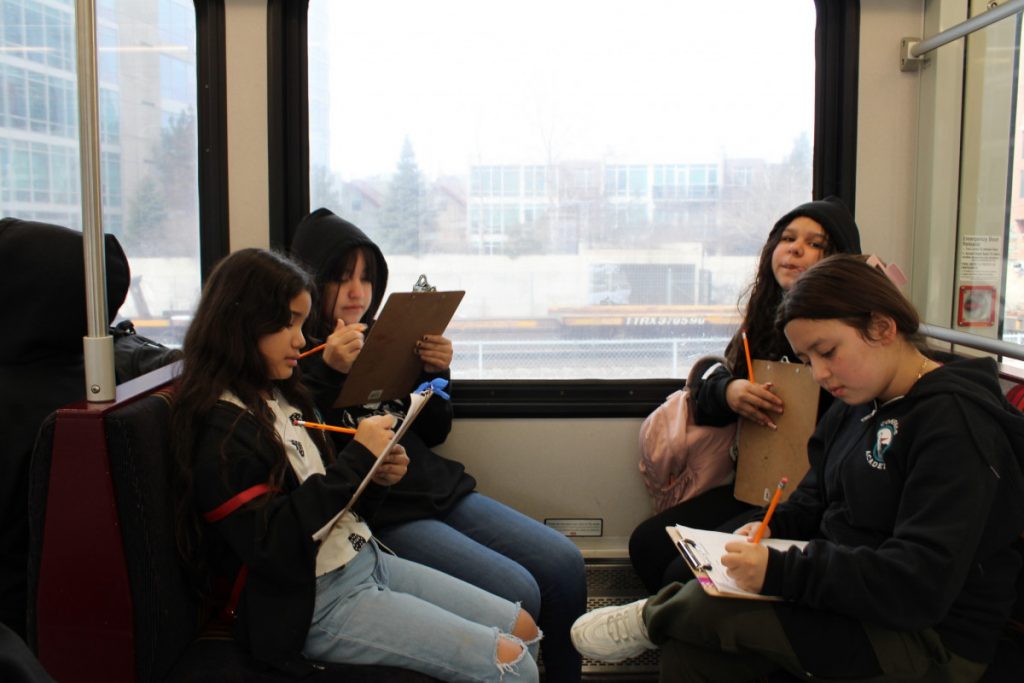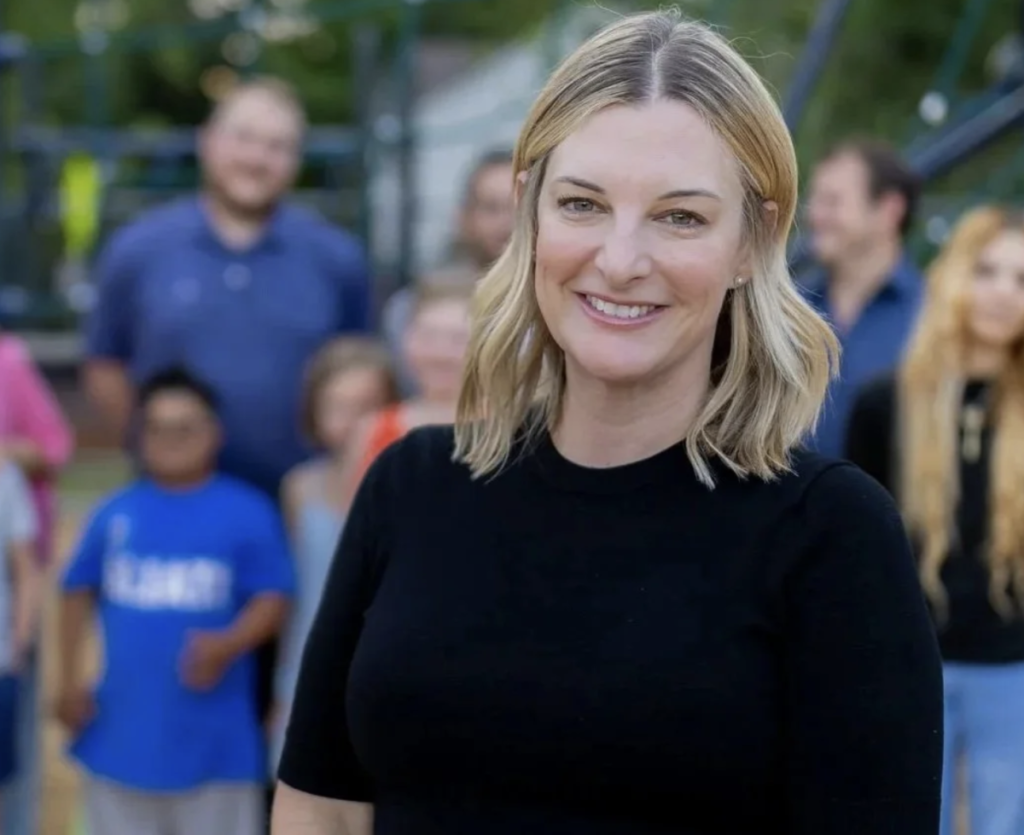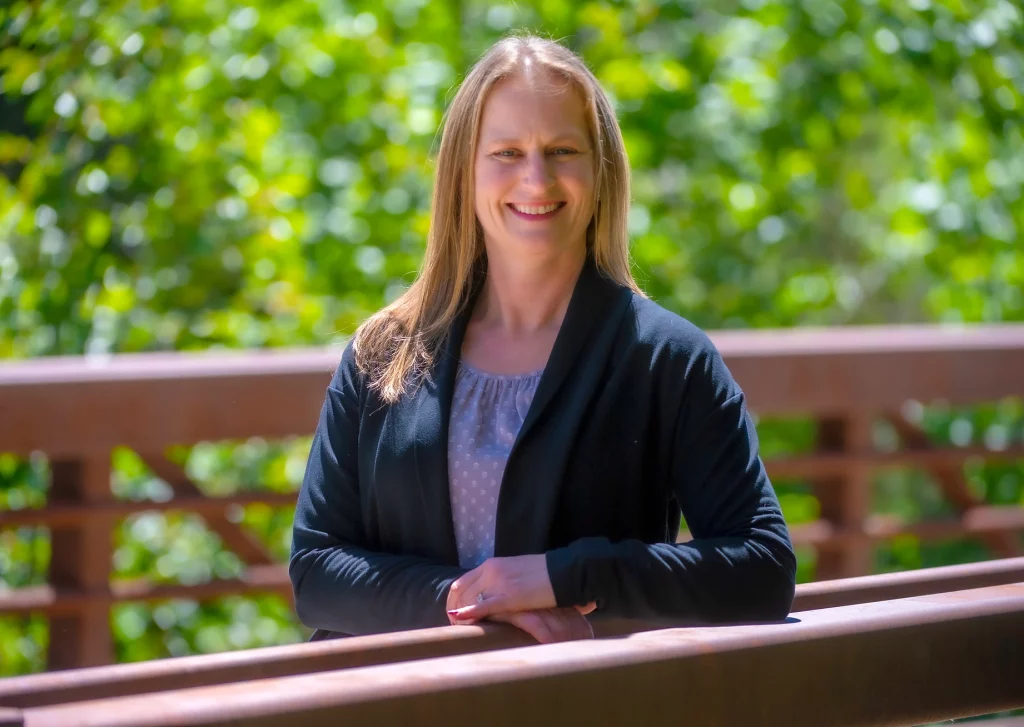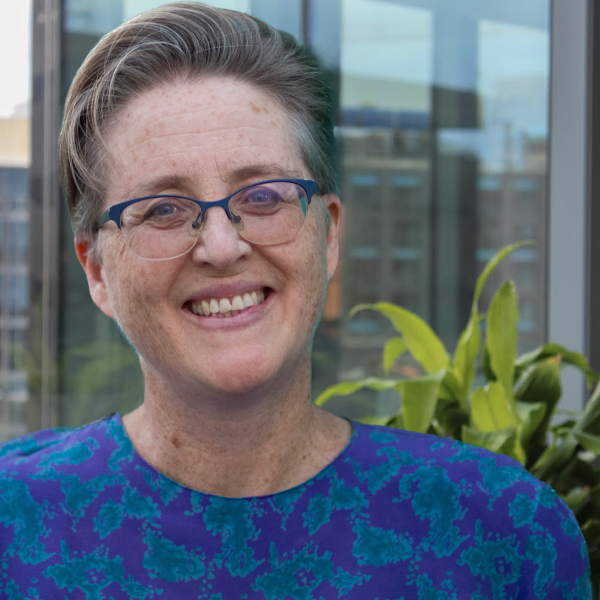Last month, students from Compass Academy, a public charter middle school in southwest Denver, flooded RTD trains and interviewed community members and college students at Union Station and Auraria Campus trying to answer the question “how do people’s lived experiences in Denver differ, and why?”
As part of sixth-grade humanities fieldwork, students were asked to make observations and compare art, architecture and the people they saw in an effort to learn more about the community and society of the city. We will be sharing those perspectives from four sixth-grade students.
“I saw a beautiful mural with marigold flowers, skeletons, and piñatas. I actually noticed a lot of other murals that related to other cultures. Which I think is amazing because it shows diversity and includes everyone despite their ethnicity. It was my favorite part of the trip and was very memorable,” said Sophie.
The framework that teacher Mary Kate Nagy is using with her students is called the “funky 5” which includes geography, social structure, economics, culture, and government. The students learned about these elements of society and developed interview questions to help them compare and contrast what people told them.
Before they went on their fieldwork, they also practiced their interview skills with their peers. Interviewing people they didn’t know was a big challenge but helped them practice their communication skills and academic risk taking.
“We were transported to Auraria campus by train. My essay is about how different people from Denver all have different lives; different people of age and race,” said Dawit. “All throughout Union Station there were a variety of rich and poor people, Black and white people. There were a variety of different people of different social structures.
“Some differences that I saw at the Union Station and Auraria campus is that some people were in college longer than others. This helps me learn more about social structure because some people are able to afford college for longer and more education than others.”.
Coming out of COVID, Compass students were telling school leaders and showing through their behavior that the traditional model of school no longer worked for them. Students wanted to be more active participants in their education.
That is where the idea of fieldwork came in, according to the school Executive Director, Brandon Jones. Fieldwork is a combination of learning in school and then building on that with first-hand experience out in the world.
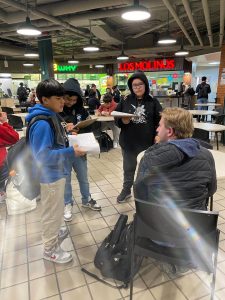
Fieldwork contrasts the idea of a field trip, which sometimes can be less focused. Many experts do fieldwork in their everyday work: scientists, anthropologists, journalists, to name a couple of examples. In this way, students see that the excursion is to watch, observe and construct understanding.
Fieldwork includes excursions in the city, with multiple educational partners, and even adventures to the mountains. This is new to the school this year but comes from one of their improvement strategies to focus on rethinking authentic engagement with students.
Jones said these community partnerships with various organizations or other schools give students experiences that get them excited about their learning and encourages them to invest in themselves. He said he has seen a real culture shift in the school because of it.
This fieldwork excursion allowed students to see themselves in others’ experiences and to learn about things they may not have known existed outside of their neighborhood. At Compass Academy, fieldwork is aimed at creating an environment of learning defined by purpose and relevance where every student feels known and is provided with the support to succeed.
“The status that people have are different because people can have less money or more. How much people can afford to buy depends on their jobs. When [one person] explained how he used free scholarships he gave me details of where he works and what he does for work. He helped me learn how I could earn money one day,” says Yesenia.
While all the students visited the same areas, all their experiences and perceptions of the city were different, giving each one a personalized educational opportunity.
Valentina says, “I learned a lot about how people in Denver’s lives are similar and different by doing interviews at Union Station and Auraria Campus. A very big difference between people in Denver is the transportation. Some people ride bikes, some drive cars and some go on the train.
“For example, I interviewed two people; the first girl told us that she took the bus so that she can get to her house and back. The second girl I interviewed drove to campus. These interviews can help me learn more about the economy because it shows how not everyone has the same amount of money to have what other people have, like riding bikes, or taking cars. However, I would like to save up some money in the future, so that I don’t have to take the train.”
The students are preparing written essays to accompany their final projects in what they learned about the “funky 5” in Denver. They’re also now studying various nonprofits that are trying to make the lived experiences of people in southwest Denver better. They are using the same lens to look at these organizations as they did for the interviews, but now the stories are ones of hope and change.
To learn more about Compass Academy, visit their website here.

